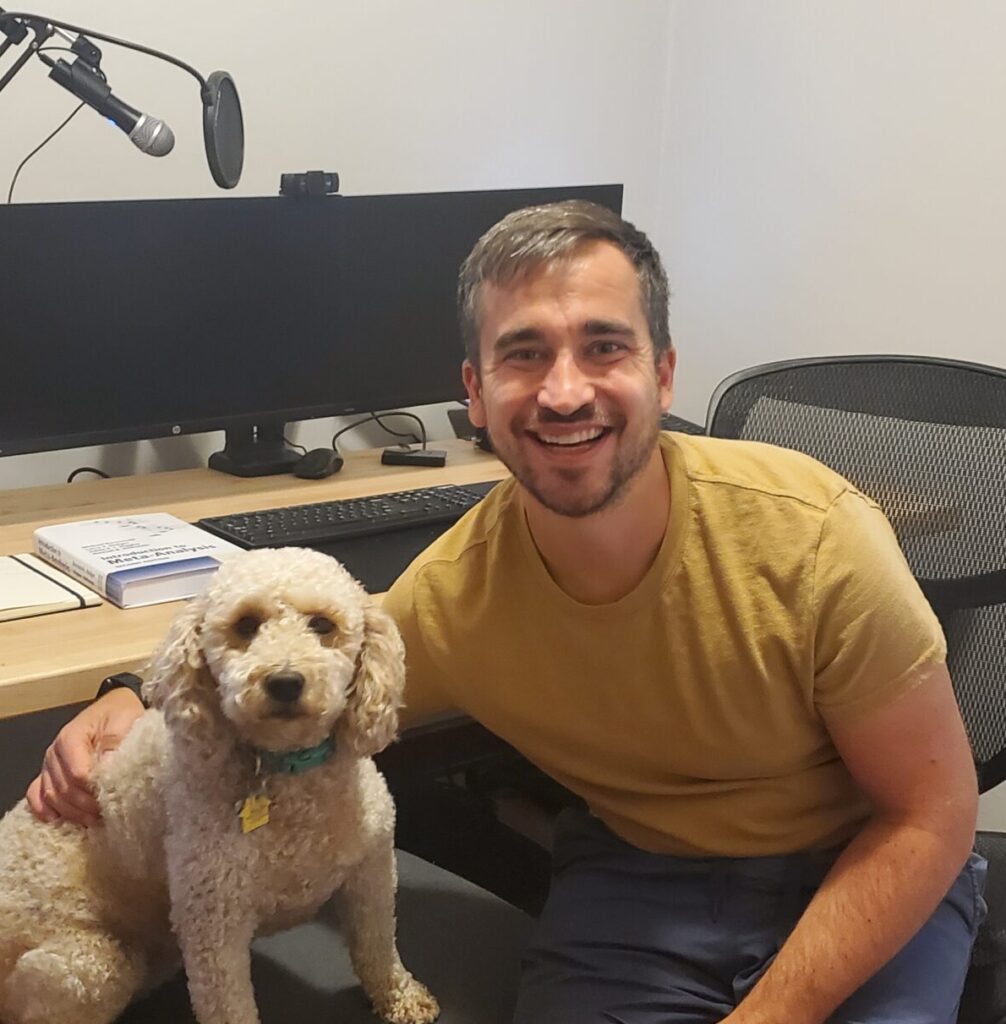UW-Parkside
Assistant Professor
Psychology
 As a licensed clinical psychologist, my interests include clinical-community psychology, global mental health, serious mental illness, interventions for mental health in low and middle-income countries, and mental health and social processes related to conflict. Ultimately, through my research, teaching, and applied work, I seek to empower individuals, communities, and organizations to answer the questions that are important to them so that they can effectively change themselves and their communities. When not working, I enjoy eating good food, traveling, hiking, running, reading, and spending time with my family (including my rabbit, Nelson, and my dog, Winni).
As a licensed clinical psychologist, my interests include clinical-community psychology, global mental health, serious mental illness, interventions for mental health in low and middle-income countries, and mental health and social processes related to conflict. Ultimately, through my research, teaching, and applied work, I seek to empower individuals, communities, and organizations to answer the questions that are important to them so that they can effectively change themselves and their communities. When not working, I enjoy eating good food, traveling, hiking, running, reading, and spending time with my family (including my rabbit, Nelson, and my dog, Winni).
TEACHING AND LEARNING PHILOSOPHY
When I think of my teaching and learning philosophy, I think it is important to teach with relationships as the foundation, use evidence-informed approaches in my teaching, and teach from a place of deep humility focusing on continuous feedback and improvement. Relationships are the foundation for my pedagogy, upon which my practices are built. To me, relationships in teaching means caring for students holistically. I believe that relational teaching is fundamentally student-centered and sets the foundation for student success. I believe that relational teaching can be transformational for students. sing evidence-informed approaches in my teaching is also critical. One way I use evidenced-informed approaches in my teaching is by viewing teaching through the lens of Self-Determination Theory (SDT; Ryan & Deci, 2000). SDT is a theoretical approach to understanding how to foster intrinsic motivation (i.e., the idea that someone does something not due to external pressures but for its own sake) that has been backed by considerable empirical support. Self-Determination Theory consists of three main elements, including autonomy (i.e., a sense of choice), a sense of competence (i.e., a sense of mastery), and a sense of relatedness (i.e., a sense of belonging). When you have these three elements, you are likely to increase the amount of intrinsic motivation someone has in doing a task. Another value that is critical to my role as a teacher is that of humility. For me, humility means an accurate self-evaluation of my skills and teaching, with an openness towards improving my classes and my teaching style for the future. I hope that my students are lifelong learners, and I hope to model lifelong learning for them as a teacher. When these approaches to teaching are used, I believe students can experience considerable learning and transformative education, so that I can support, challenge, and inspire the students with whom I work to do meaningful work in their communities.
